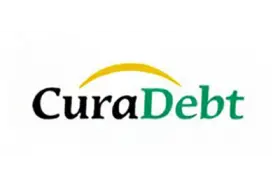Financial Disclaimer:
The Content on this website is for informational purposes only. You should not construe any such information as legal, tax, investment, financial, or other advice. Such content does not constitute nor is it a substitution for professional and/or financial advice. You assume the sole responsibility of evaluating the merits and risks associated with the use of any information or other content on the website. We recommend that you consult the appropriate professional before making any decisions based on such content. Nothing contained on the website constitutes a solicitation, recommendation, endorsement, or offer by us or any third-party service provider to buy or sell any securities or other financial instruments in any jurisdiction in which such solicitation or offer would be unlawful under the securities laws of such jurisdiction.
Marketing Disclaimer:
Links to offers on our website are from third-party advertisers who compensate us. This compensation may impact how and where such links appear on our website and which products we promote on our website, including the order in which they appear. There is no charge to you for our services. We do not represent all services or products available on the market. Editorial opinions expressed on the website are strictly our own, and are not provided, endorsed, or approved by advertisers. We are not affiliated with any third-party advertiser other than as stated above. We do not recommend or endorse any product or service. If click on a link, you will be directed to a third-party advertiser’s website. Be sure to review their terms and privacy policy as they may differ significantly from ours.




